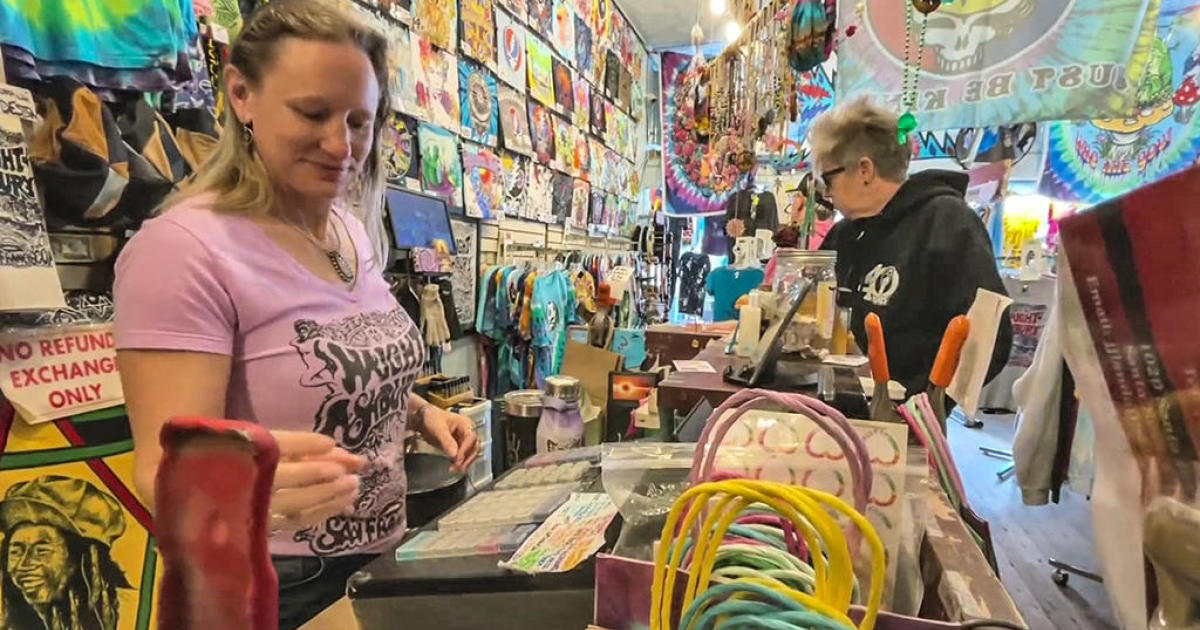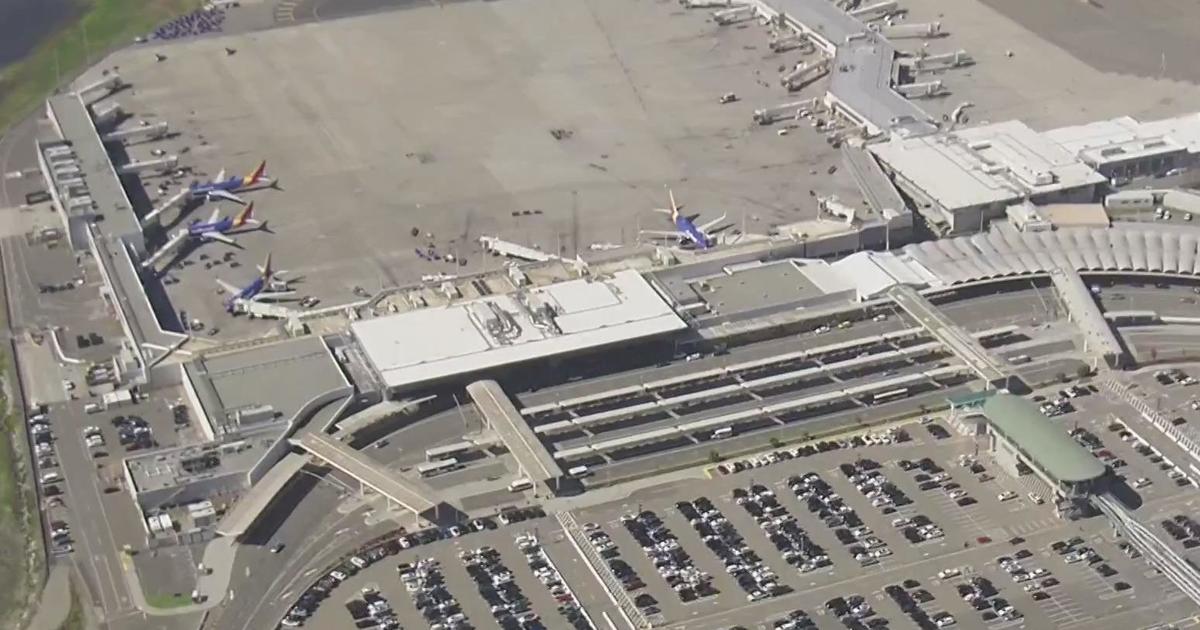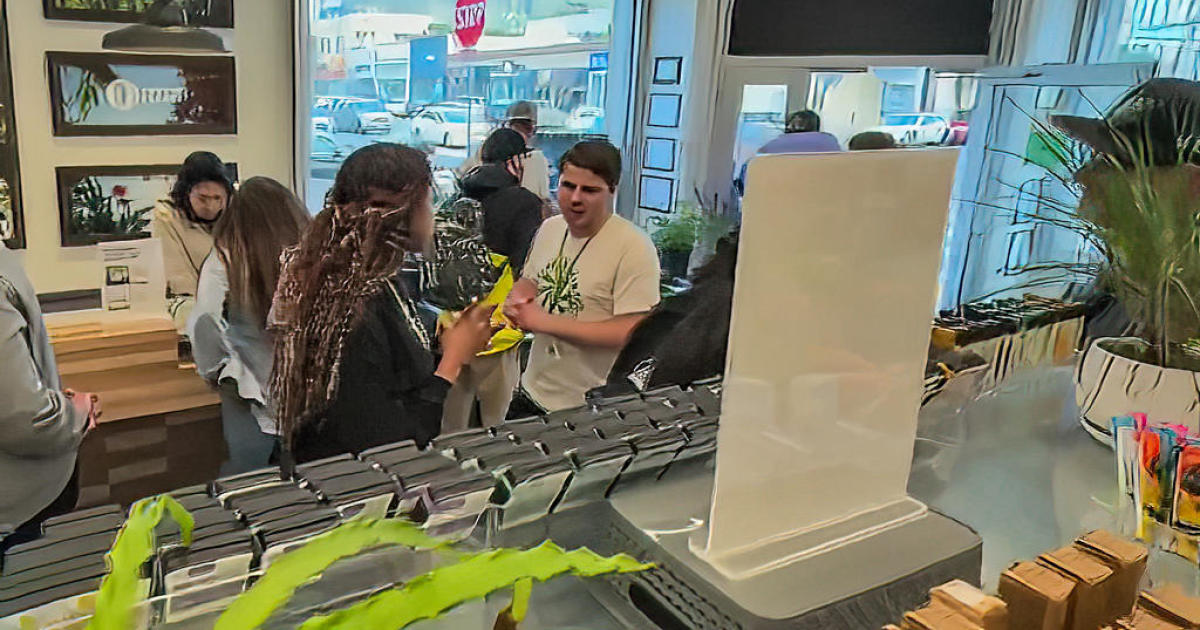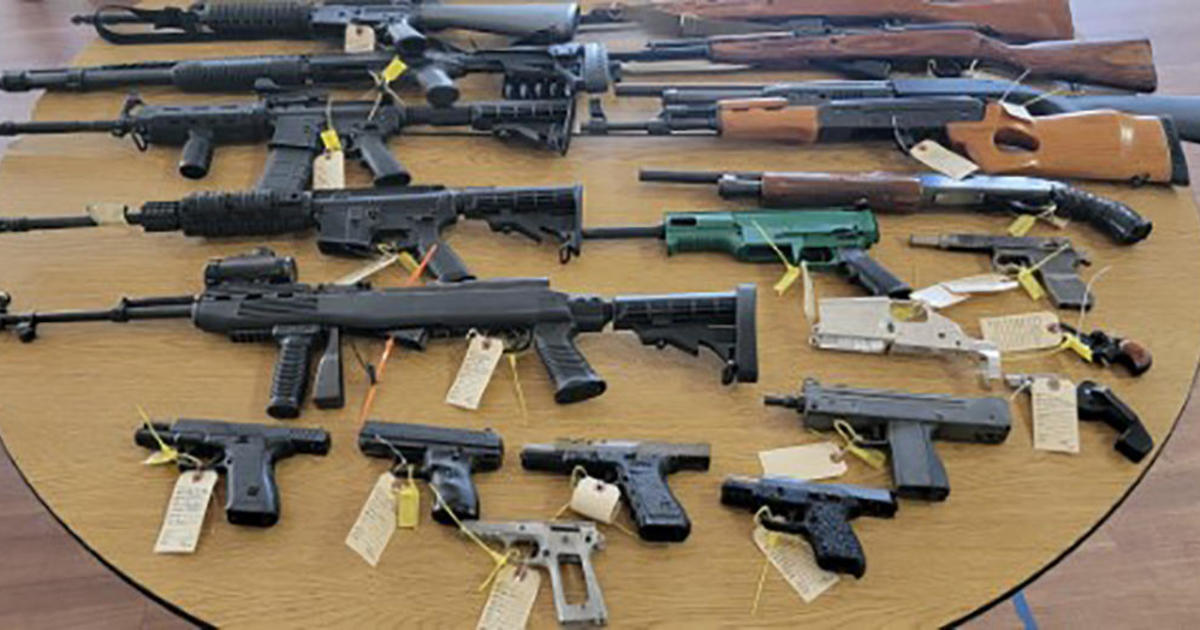Tolerant San Francisco Fed Up With Dirty, Smelly Streets
SAN FRANCISCO (AP) — Though known for its compassion to the needy, San Francisco may have hit peak saturation with tent camps, stinky urine and trash littering the streets, and the new interim mayor has vowed to do something about it.
In the last few weeks, Mayor Mark Farrell has promised $750,000 to hire more people just to pick up discarded needles and $13 million over the next two years for more heavy duty steam cleaners and pit stop toilets. He also had workers dismantle sprawling homeless tent camps in the city's Mission District.
The city famed for its picture-perfect views of the San Francisco Bay has long tolerated overflowing trash bins and homeless people camped out on sidewalks. Commuters routinely walk past people slumped over in transit stations, sometimes shooting up in public.
But Farrell and others say the squalor has gotten out of control, and that everyone should feel safe using city sidewalks. It is not humane to let the mentally ill or houseless fester outdoors, he said.
ALSO READ: BART Officials Appalled By Video Of Rampant Drug Use At Civic Center
"The trash, our homeless, the needles, the drug abuse on our streets, I've seen it all in our city and it's gotten to the point where we need to really change course," Farrell said in an interview. "We've gone away from just being compassionate to enabling street behavior and that, in my opinion, is a shift that's unacceptable."
It's not just the mayor who's fed up. Cleaning up the city and getting people off the streets have become key issues in the upcoming mayoral race. Many of the problems are in the city's downtown shopping and South of Market corridors, but elected officials say complaints have rolled in from across the city of 850,000 residents.
Adam Mesnick, who lives in the South of Market neighborhood and owns two deli shops there, said San Francisco is "finally kind of melting down" and that leaders have routinely ignored dangerous street behavior for years.
"I cannot have my family down here, I can't have visitors. I can, but I don't choose to, have my nieces come here," he said. "It's horrifying for my family to walk down the street here."
He's not sure Farrell, who was tapped as interim mayor after the sudden death of Mayor Ed Lee in December, will be able to make meaningful change in the short time he has left before the June mayoral race.
The downtown portion of Market Street, a key downtown arterial that runs from the Embarcadero through the Castro, teems with tourists, people shuffling in wheelchairs and children on school trips. On a recent day, a man was curled up on the sidewalk at a bus stop, moving his head just inches away from a bus as it pulled up. A bystander went to check on him.
The exact number of homeless people in San Francisco is uncertain, but about 7,500 were found during a one-night count in 2017.
The city's logged more than 24,300 requests last year for human waste cleanup and 9,500 for needle pick-up. This year, there already have been more than 8,300 requests to pick up waste and 3,700 for needles.
San Francisco has budgeted $65 million out of a $10 billion citywide budget for street cleaning this year. The $13 million the mayor announced this month will go toward hiring dozens more cleaners and expanding staffed pit stop toilets.
Homeless advocacy groups are critical of Farrell's plan to dismantle camps, saying the move only pushes people into other neighborhoods. The problem, they say, is a lack of long-term housing.
Lawana Tillman, 55, camps out in a wheelchair with friends on a corner they've claimed near Market Street. Most of them have been homeless for years. The women say they welcome help, but haven't seen any offers.
"They should first interview us and give us housing," she said. "It would take most of us off the street."
San Francisco's top tourism ambassador, Joe D'Alessandro, is convinced civic leaders can fix the problem. He made the rare decision to go public about city conditions, which he says have worsened in recent years, even for a cramped city that's always been less than pristine.
"It's going to take some money, it's going to take some dedication, but it's very fixable, and we can make San Francisco even more magical," he said.
Near the city's cable car turnaround by Union Square, tour guide Joseph Amster said he has seen more public defecation and more encounters with violent people who need medical help. He leads tours dressed as Emperor Norton, a failed 19th century entrepreneur beloved in a city that celebrates oddballs.
"I had somebody spit on me once. I've had a number of close calls. That didn't use to happen," he said.
Not everyone agrees that the city is roiled in human misery.
New York City resident John Rajnic, who was waiting to ride a cable car, said the city looks dirtier than when he was here nearly a decade ago, but he says the reaction is overblown.
"I'm not walking around thinking this place is filthy."
© Copyright 2018 The Associated Press. All Rights Reserved. This material may not be published, broadcast, rewritten or redistributed.



